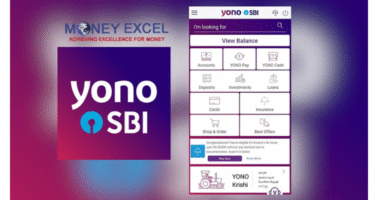Transferring land ownership in India has historically been a complex and time-consuming process involving numerous paperwork, visits to government offices, and potential bureaucratic hurdles. However, with the advancement of technology and digitization initiatives undertaken by the Indian government, it is now possible to transfer land ownership online in a more streamlined and efficient manner. This article aims to provide a detailed guide on how to complete this process and the key steps involved.
To begin with, the online transfer of land ownership in India is facilitated through the portal of the respective state’s Revenue Department or the National Land Records Modernization Program (NLRMP) website. These portals serve as a centralized platform for accessing land records, applying for ownership transfer, and tracking the status of the application.
The first step in transferring land ownership online is to create an account on the relevant portal by providing essential details such as name, address, contact information, and proof of identity. Once the account is created, the user can log in to access the various services related to land records.
The next important step is to verify the ownership details of the land to be transferred. This involves obtaining a certified copy of the property’s Record of Rights, Tenancy, and Crop Inspection (RTC) from the local Revenue Department office or the portal itself. The RTC contains crucial information about the land, including ownership details, area, survey number, and encumbrances, if any.
After verifying the ownership details, the user can proceed to initiate the transfer of land ownership by filling out the online application form available on the portal. The form typically requires details such as the seller’s and buyer’s information, the property’s description, the sale consideration amount, and supporting documents like identity proof and proof of payment.
Once the application is submitted online, it undergoes the verification process by the concerned authorities, who review the application for accuracy and completeness. During this stage, any discrepancies or missing information may lead to delays in processing the application.
Upon successful verification of the application, the next step is to pay the prescribed fees for the land ownership transfer. The fees vary depending on the state and the value of the property being transferred. The payment can be made online through the portal using various modes of payment such as credit card, debit card, net banking, or e-challan.
After the payment is completed, the applicant receives an acknowledgment or receipt confirming the submission of the application and the payment of fees. This acknowledgment serves as a crucial document for tracking the status of the application and following up with the authorities if needed.
The final step in the online transfer of land ownership is the issuance of the updated Record of Rights, Tenancy, and Crop Inspection (RTC) with the new owner’s name reflecting the transfer. This updated document serves as legal proof of the change in ownership and can be downloaded from the portal once the transfer process is completed.
In conclusion, the online transfer of land ownership in India offers a convenient and transparent way to carry out this crucial transaction without the need for cumbersome paperwork and physical visits to government offices. By leveraging technology and digitization, the process has been streamlined to provide greater efficiency and ease of access for property owners and buyers. As more states in India adopt online platforms for land records management, this digital transformation is set to benefit stakeholders across the real estate sector and pave the way for a more seamless land transfer process.





